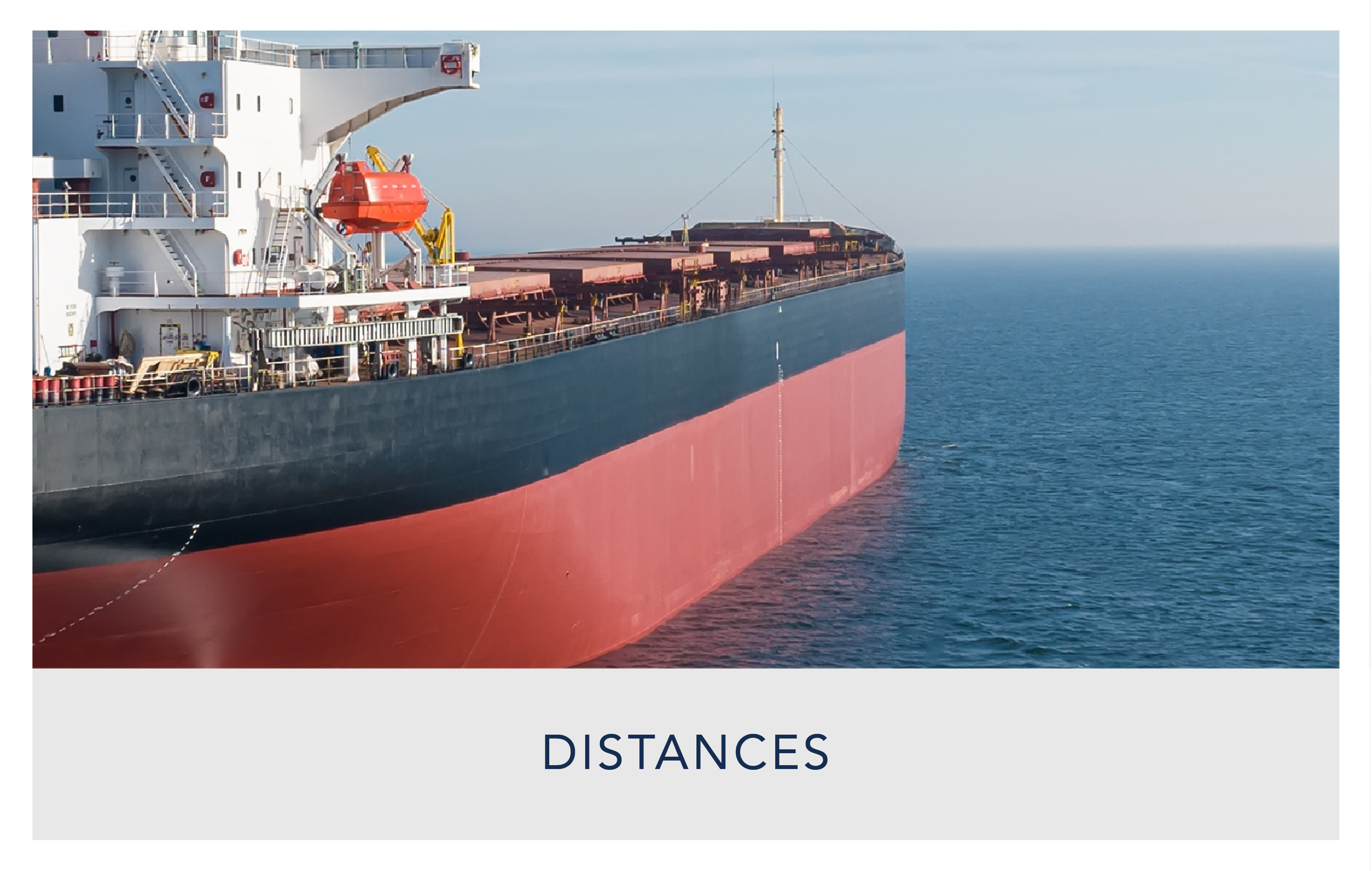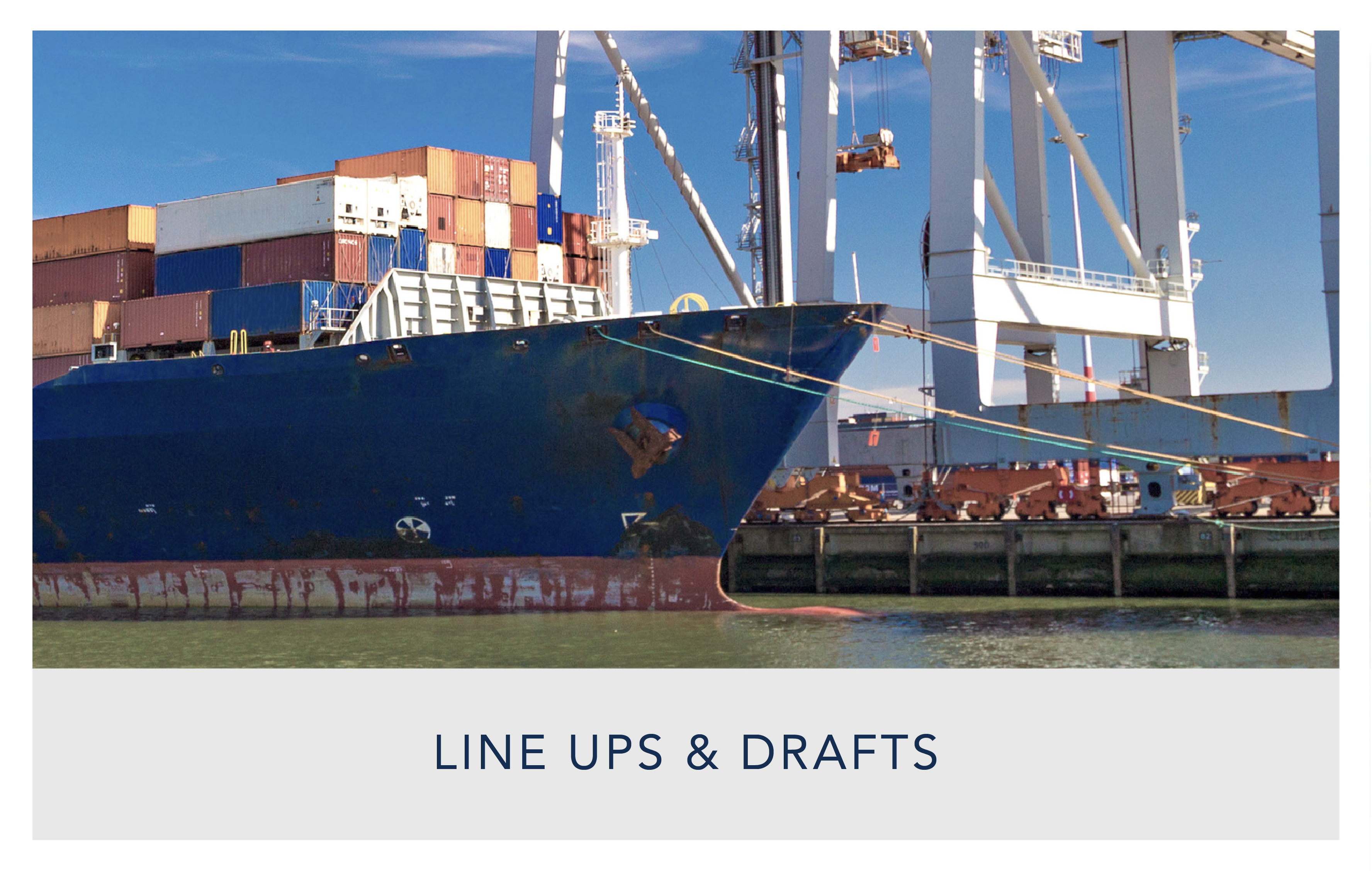Argentina Tax. Affidavit
Argentine tax law stipulates that 10 percent of outbound cargoes are presumed to be Argentina’s profit and are taxed at 33 percent, resulting in a 3.5 percent tax on gross cargo. Ship agents and/or Argentines paying for cargo are responsible for collecting and depositing such tax at the local tax office.
In order to avoid double taxation, there are reciprocal agreements in force that eliminate duplicate tax payments between Argentina and: Germany, Australia, Austria, Armenia, Azerbaijan, Belarus, Belgium, Bolivia, Bosnia/Herzegovina, Brazil, Canada, Colombia, China, Cuba, Croatia, Denmark, Slovenia, United States, Estonia, Finland, France, Georgia, Greece, Iran, Israel, Italy, Japan, Kazakhstan, Kyrgyzstan, Latvia, Lithuania, Malaysia, Mexico, Moldova, Norway, Netherlands, Panama, Paraguay, Peru, Portugal, United Kingdom and Northern Ireland, Federal Republic of Yugoslavia, Russia, Serbia-Montenegro, Sweden, Tajikistan, Turkmenistan, Ukraine, Uruguay and Uzbekistan.
The agreement covers the “final beneficiary of the freight” residing in any of the countries listed above, regardless of the flags of the vessels, so a Brazilian or Dutch company can operate under a Lebanese flag or any other flag of its convenience and still qualify for the exemption.
Any foreign owner or operator claiming the exemption must provide certified documentation from their country of residence, generate a sworn statement and send it to us, in order to present it to the tax authorities (and also to present it to the party paying the freight to avoid having the 3.5 percent deducted). If the required documentation is not obtained, the tax must be paid.
In summary, the beneficiary of the shipment must prove that he is a taxpayer in his own country of residence, and to do so he must:
1. Complete and sign the following form and have his signature notarized.
2. Have it signed and sealed by the local tax authority, and have the signature notarized (in case a notary public is unable to certify the signature of the local tax authority, an alternative is the following):
1. 2a. If the signature of the tax authority is registered at the Argentine consulate, then the Argentine consulate will proceed to certify it.
1. 2b. If a) does not apply to the case, he must find someone whose signature is registered at the Argentine consulate (for example, the Minister of Foreign Affairs or a local municipal authority) and who can certify that the signature of the signing tax authority is a valid signature.
3. Have it notarized.
4. Certify the signature of the public notary through the Argentine consul (*).
(*) If the affidavit comes from one of the following countries, the certification by the Argentine consulate can be avoided if the signature of the public notary is certified in accordance with the Apostille procedure (Hague Convention): Germany, Austria, Belgium, Bosnia/Herzegovina, Croatia, Slovenia, Spain, United States, Finland, France, Greece, Israel, Italy, Japan, Macedonia, Norway, Netherlands, Panama, Portugal, United Kingdom, Switzerland, United Kingdom and Russia.

+54 291 4571755
Almte. Brown 3755, Ingeniero White
Buenos Aires, argentina.




